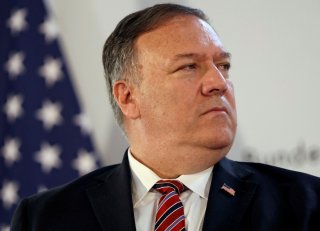Josh Simons and Dipayan Ghosh
In the four years since the last U.S. presidential election, pressure has continued to build on Silicon Valley’s biggest internet firms: the Cambridge Analytica revelations; a series of security and privacy missteps; a constant drip of stories about discriminatory algorithms; employee pressure, walkouts, and resignations; and legislative debates about privacy, content moderation, and competition policy. The nation — indeed, the world — is waking up to the manifold threats internet platforms pose to the public sphere and to democracy.
This paper provides a framework for understanding why internet platforms matter for democracy and how they should be regulated. We describe the two most powerful internet platforms, Facebook and Google, as new public utilities — utilities for democracy. Facebook and Google use algorithms to rank and order vast quantities of content and information, shaping how we consume news and access information, communicate with and feel about one another, debate fundamental questions of the common good, and make collective decisions. Facebook and Google are private companies whose algorithms have become part of the infrastructure of our public sphere.
We argue that Facebook and Google should be regulated as public utilities. Private powers who shape the fundamental terms of citizens’ common life should be held accountable to the public good. Online as well as offline, the infrastructure of the public sphere is a critical tool for communication and organization, political expression, and collective decisionmaking. By controlling how this infrastructure is designed and operated, Facebook and Google shape the content and character of our digital public sphere, concentrating not just economic power, but social and political power too. Leading American politicians from both sides of the aisle have begun to recognize this, whether Senator Elizabeth Warren or Representative David Cicilline, Senator Lindsey Graham or President Donald Trump.











/media/img/mt/2020/08/Atlantic_passport_v2/original.png)



